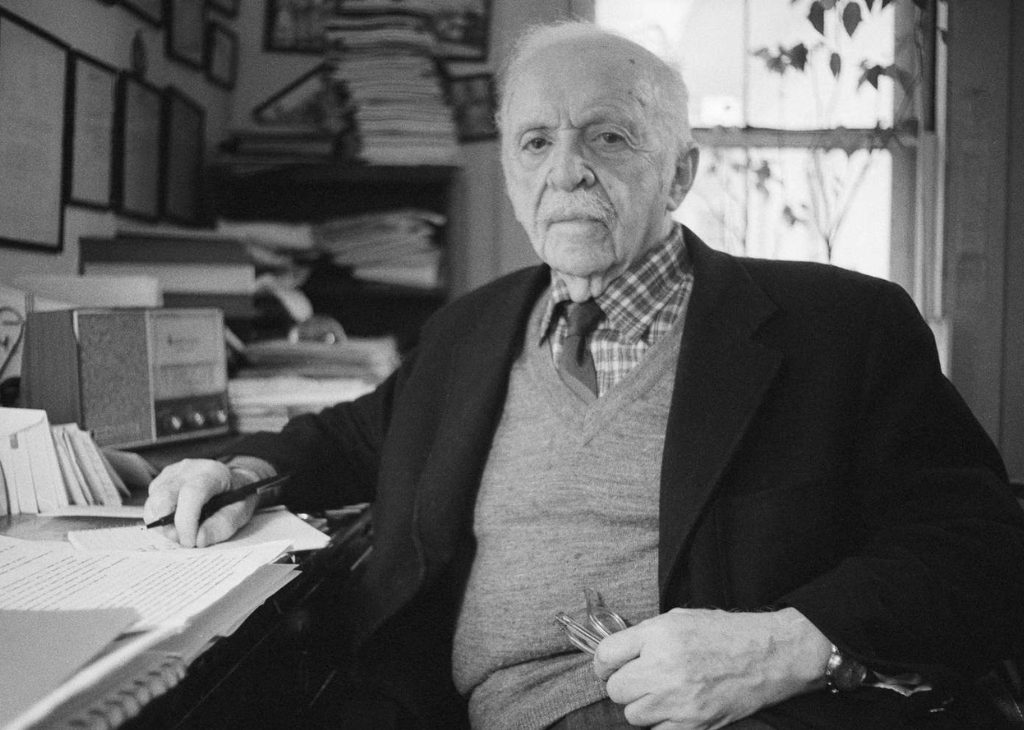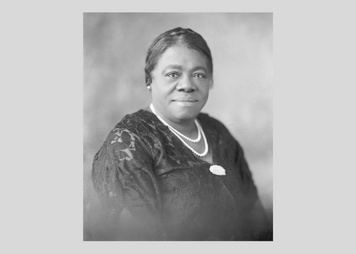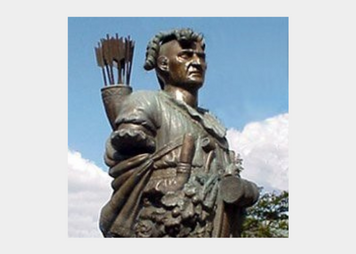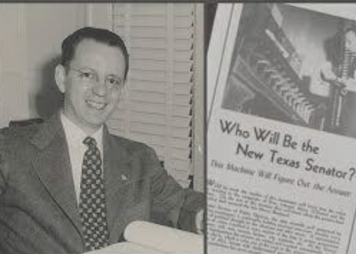
IPR is featuring some of the many Native American and Indigenous pioneers and modern-day heroes to celebrate Native American Heritage Month.
Wilma Mankiller was born in 1945 in Tahlequah, Oklahoma, the capital of the Cherokee Nation. She made history in 1985 when she was named the first female chief of the Cherokee Nation and the first woman elected as chief of a major Native tribe.
She experienced several injustices that sparked her lifelong commitment to advocating for American Indigenous rights. When she was 11 years old, her family was relocated to San Francisco due to a Bureau of Indian Affairs policy that aimed to move Native Americans off federally subsidized lands with “the promise of jobs in America’s big cities.” Mankiller referred to this experience as her “own little Trail of Tears.”
Her first foray into activism began after the Occupation of Alcatraz from 1969-71. Native Americans took over the island as a statement of protest against the way the U.S. government treated them. The 19-month occupation ended with the U.S. government removing the protesters, but the movement succeeded in igniting passion in Native activists such as Mankiller.
Mankiller worked to improve the conditions for Native Americans in her community in California. She ended up back in Oklahoma in the late 1970s, where she continued to advocate for her people. She founded the Community Development Department for the Cherokee Nation, which focused on improving access to water and housing, a widespread issue for tribal lands.
Mankiller led the Cherokee Nation for 10 years, during a time of major changes. The population more than doubled, from 68,000 to 170,000 people during her time as Chief. Under her leadership, infant mortality declined and more Cherokee members achieved higher levels of education.
She also worked with the federal government to establish the Office of Tribal Justice. Her other achievements include two published books, an induction into the National Women’s Hall of Fame, and a position as a professor at Dartmouth University. In 1998, she received the Presidential Medal of Freedom. Mankiller died in 2010 from pancreatic cancer.
References
Influential Native American Leaders
Biography
Wilma Mankiller
National Women’s History Museum
When Native American Activists Occupied Alcatraz Island
Histor



